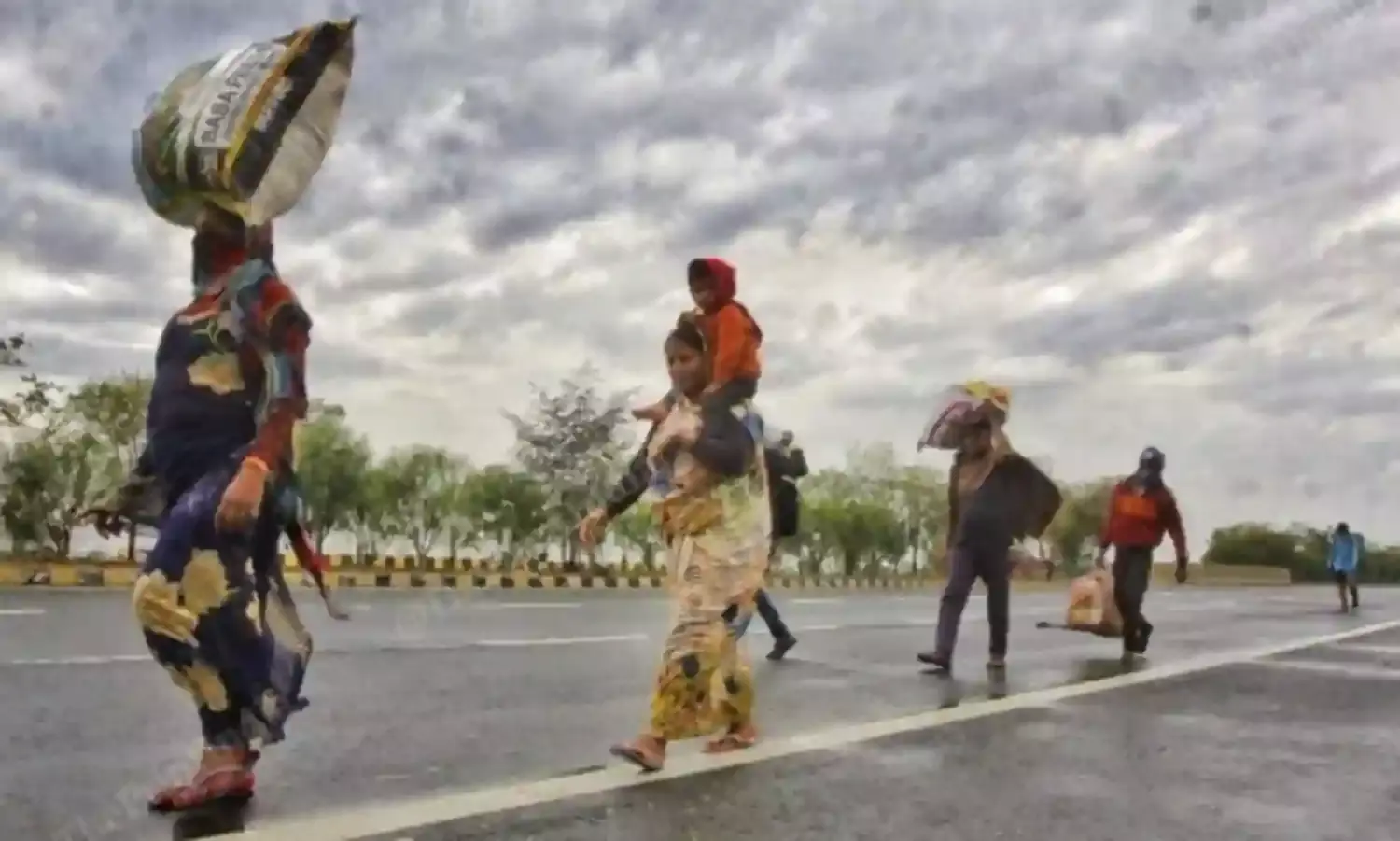Instead of ‘Smart Cities’ We Should Move to ‘Flourishing Villages’
Evoke Gandhi

My last article called ‘Misplaced Priorities’ received a lot of accolades which pleased me immensely of course. To have people on the same page as you is a huge positive. And for a change I wasn't trolled - as it always is when you criticize the present government. I however, received constructive feedback, appreciative emails/messages from here and abroad. I am happy that people understand the bigger picture and that it is imperative that we need to think, plan and work harder. The onus is on each one of us.
https://www.thecitizen.in/index.php/en/NewsDetail/index/15/18515/Misplaced-Priorities
In conversation with Col. CP Muthanna [Retd], Former President, Coorg Wildlife Society & Vice Chair, Kodagu Model Forest Trust post my article, he stressed that he always believed that instead of all the statues that have been built, we could have concentrated on hospitals for the poor instead. He and fellow like-minded visionaries are now planning on approaching the PM in regard to a fresh road map for our country.
That is the need of the hour as we plunge headlong into the abyss of an economic crisis…far worse than any pandemic. In Col. Muthanna’s words: “Mahatma Gandhi said that the Future of India lies in its villages. Today when we see heart-wrenching visuals of lakhs of poor migrants desperately trying to flee the cities and return to their homes, we are reminded of his words. Decades after Gandhi, a hero named Anna Hazare championed the cause in a village named Ralegan Siddhi in Ahmednagar. With water shed management as the main area of focus, he strengthened village communities, fought corruption, brought prosperity to the villagers and reversed migration to cities. He also brought about social change by improving the status of women and Harijans. The present exodus from the cities back to villages has brought out the glaring fact that the rural poor have been exploited to enable the growth of metropolises that are imploding under their own weight. It is also time to pause and reconsider the very paradigm of ‘Development’ and the mad rush towards improving the ‘GDP’. When we talk about GDP, there is a need to look at the Bhutanese philosophy of ‘The Nine Domains of Gross National Happiness’ as enumerated below:
1. Psychological Wellbeing
2. Standard of Living
3. Good Governance
4. Health
5. Education
6. Community Vitality
7. Cultural Diversity and Resilience
8. Time Use
9. Ecological Diversity and Resilience
Surely, these domains cannot have meaning if village communities across the country are compelled to leave their homes and made to live in crowded, unclean slums in faraway cities!”
He also mentions that while it is fine to plan for ‘Smart Cities’ perhaps the time has come to think about the need for ‘Flourishing Villages’! Anna Hazare’s vision, coupled with the Bhutanese philosophy of the ‘Nine domains of Gross National Happiness’ could be the Mantra for the Rediscovery of India!
Vision building is indeed a challenging exercise because it links our present with the future. We need a futurist vision in the education field, in the health sector and in uplifting the under-privileged. We have to take in regard our booming population – we need urgent steps to control it.
A true vision cannot be based on religious divide. We need understanding, initiative, commitment and hard work. It cannot be a static written statement. It must be born and emerge as a living and dynamic reality in the minds and hearts of people – ever constant and persistent…ever adaptive and responsive to rapidly changing conditions.
This is the time to recall: India's Vision 2020 under the chairmanship of A. P. J. Abdul Kalam and a team of 500 experts. The plan is further detailed in the book India 2020: A Vision for the New Millennium, which Dr. Kalam co-authored with Y. S. Rajan. He described the plan as follows: "Transforming the nation into a developed country, the areas in combination have been identified based on India's core competence, natural resources and talented manpower for integrated action to double the growth rate of GDP and realize the Vision of Developed India.”
Vision of APJ Abdul Kalam:
. Agriculture and food processing: Aimed at double the present production of agricultural and food processing.
. Infrastructure with reliable electric power: Providing urban amenities to rural areas, and increasing solar power, hi-tech science and technology operation.
. Education and Healthcare: Directed towards literacy, social security, and overall health for the population.
. Information and Communication Technology: For increased e-governance to promote education in remote areas, telecommunication, and telemedicine.
. Critical technologies and strategic industries: The growth of nuclear technology, space technology and defence technology.
. Decrease the rate of poverty and illiteracy; make people educated through media, communities, social networking sites and increase the Indian market rate CURRENCY by purchasing Indian manufactured goods.
Can India become a nation where the rural-urban divide has been reduced to a thin line? A nation where there is an equitable distribution of, and adequate access to, energy and quality water… A nation where agriculture, industry and the service sector work together with symphony… A nation where education with a good value system is not denied to any meritorious candidates because of societal or economic discrimination… A nation which is the best destination for the most talented scholars, scientists, and investors from around the world… A nation where the best of healthcare is available to all citizens of India… A nation where governance is responsive, transparent and corruption-free… A nation where poverty has been totally eradicated, illiteracy removed, crime against women and children is absent, and no one in the society feels alienated?
Vision India 2020 had made sense then but where exactly are we now and where have we gone wrong?
India’s greatest tragedy has been aping the west and never learning from past mistakes… The time to rediscover India that has a long term vision is the need of the hour. Our leaders cannot be reticent.



